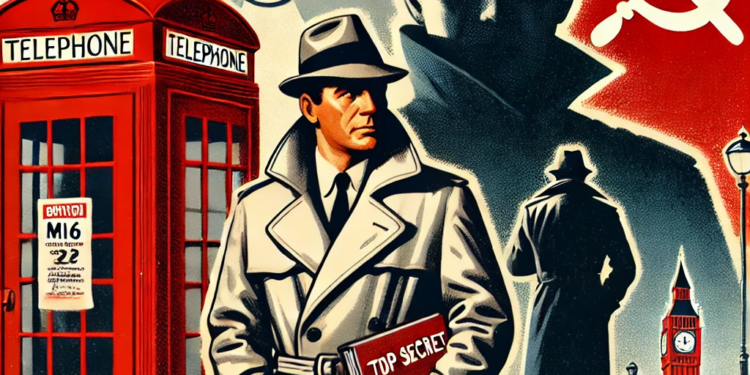Contents
- 1 The Making of a Double Agent: What Turned MI6 Agent Kim Philby into a Russian Spy?
- 2 Philby’s Life of Deception: The Double Life of a Russian Spy in the MI6
- 3 The Scandal and Defection
- 4 Philby’s Motivations
- 5 Life in Exile: The Lie of a Soviet Utopia?
- 6 A Comparison with George Blake
- 7 The British Intelligence Services’ Cover-Up and Immunity for Philby
- 8 The Legacy of Betrayal: How Kim Philby is Remembered
Harold Adrian Russell “Kim” Philby, once a trusted figure in British intelligence, became one of the most infamous double agents in history, betraying his country for the Soviet Union. His life is a tale of ideological fervor, personal contradictions, and the devastating impact of espionage. From his early political inclinations to his eventual defection to Moscow, Kim Philby’s story offers a chilling insight into the world of Cold War intelligence and the cost of divided loyalties.
The Making of a Double Agent: What Turned MI6 Agent Kim Philby into a Russian Spy?
Philby’s journey to espionage was shaped by his ideological alignment with communism, an allegiance that began during his youth. Witnessing the rise of fascism in Europe, particularly during a brutal crackdown on socialists in Austria, Philby became deeply disillusioned with capitalism and the Western establishment. His marriage to Alice “Litzy” Freidmann, a communist sympathizer, further reinforced his political leanings and introduced him to Soviet agents.
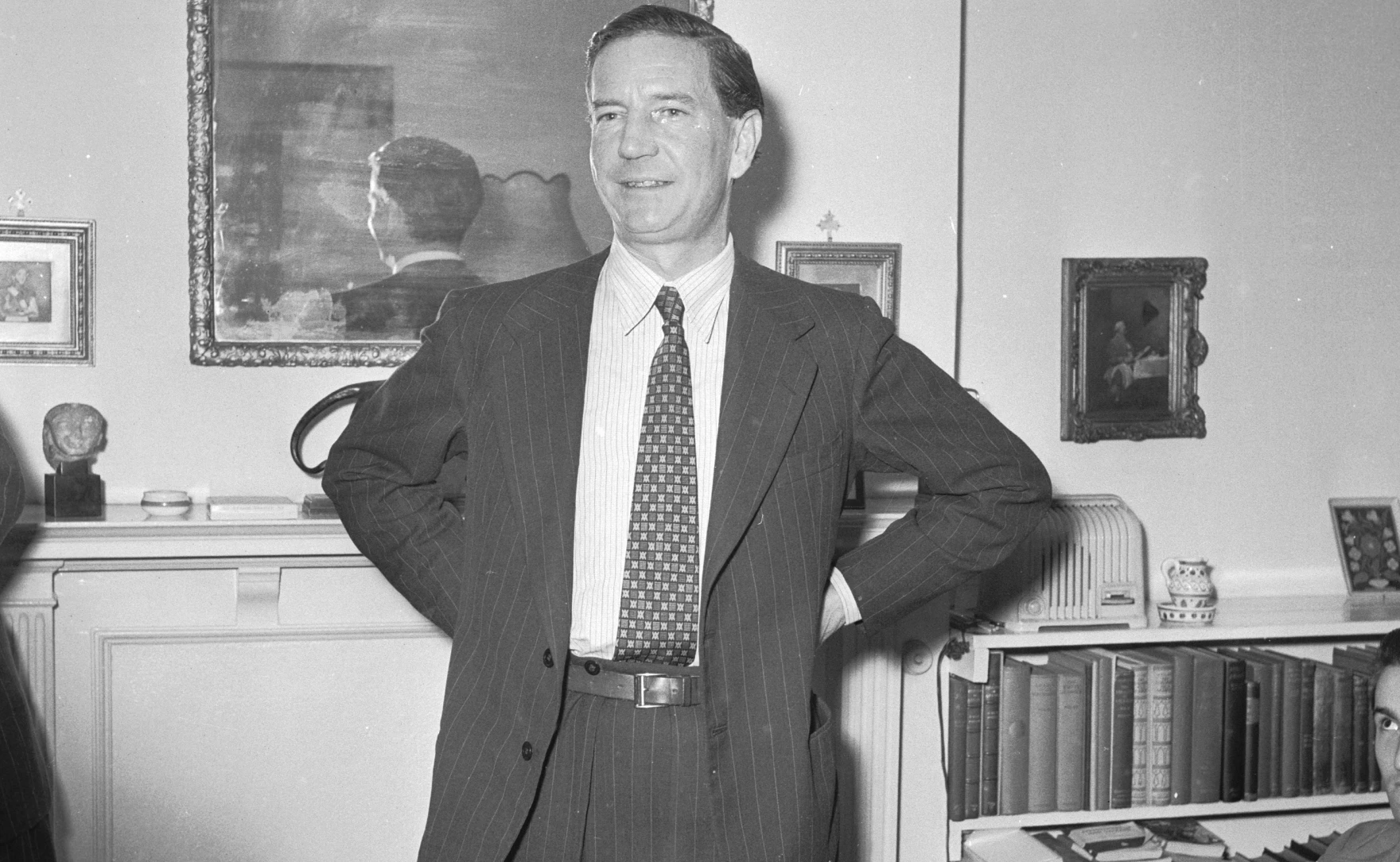
Encouraged by Soviet handlers to infiltrate Britain’s ruling elite, Philby abandoned his overt leftist associations and cultivated an image of the quintessential British gentleman. This calculated move allowed him to ascend the ranks of MI6, where he eventually held positions of significant influence, even as he secretly funneled intelligence to the KGB.
Philby’s Life of Deception: The Double Life of a Russian Spy in the MI6
Philby’s life was a masterclass in duplicity. His charm and affability made him an unlikely suspect, and his intelligence work during World War II and the early Cold War earned him accolades within MI6. Yet, behind this façade, he was passing vital secrets to the Soviets—information so precise that Moscow initially doubted its authenticity.
His dual life took a toll on his personal relationships. A string of fraught marriages—five in total—was marked by infidelity, estrangement, and emotional turmoil. His heavy drinking became another escape from the pressures of his covert existence. Despite his outward confidence, Philby’s inner world was a labyrinth of lies, fears, and betrayals.
The Scandal and Defection
Philby’s duplicity began to unravel in the early 1950s after the defections of his close associates, Guy Burgess and Donald Maclean. Suspicions grew that Philby had warned them, prompting an MI5 investigation. Though initially cleared due to a lack of evidence, the shadow of doubt lingered over him.
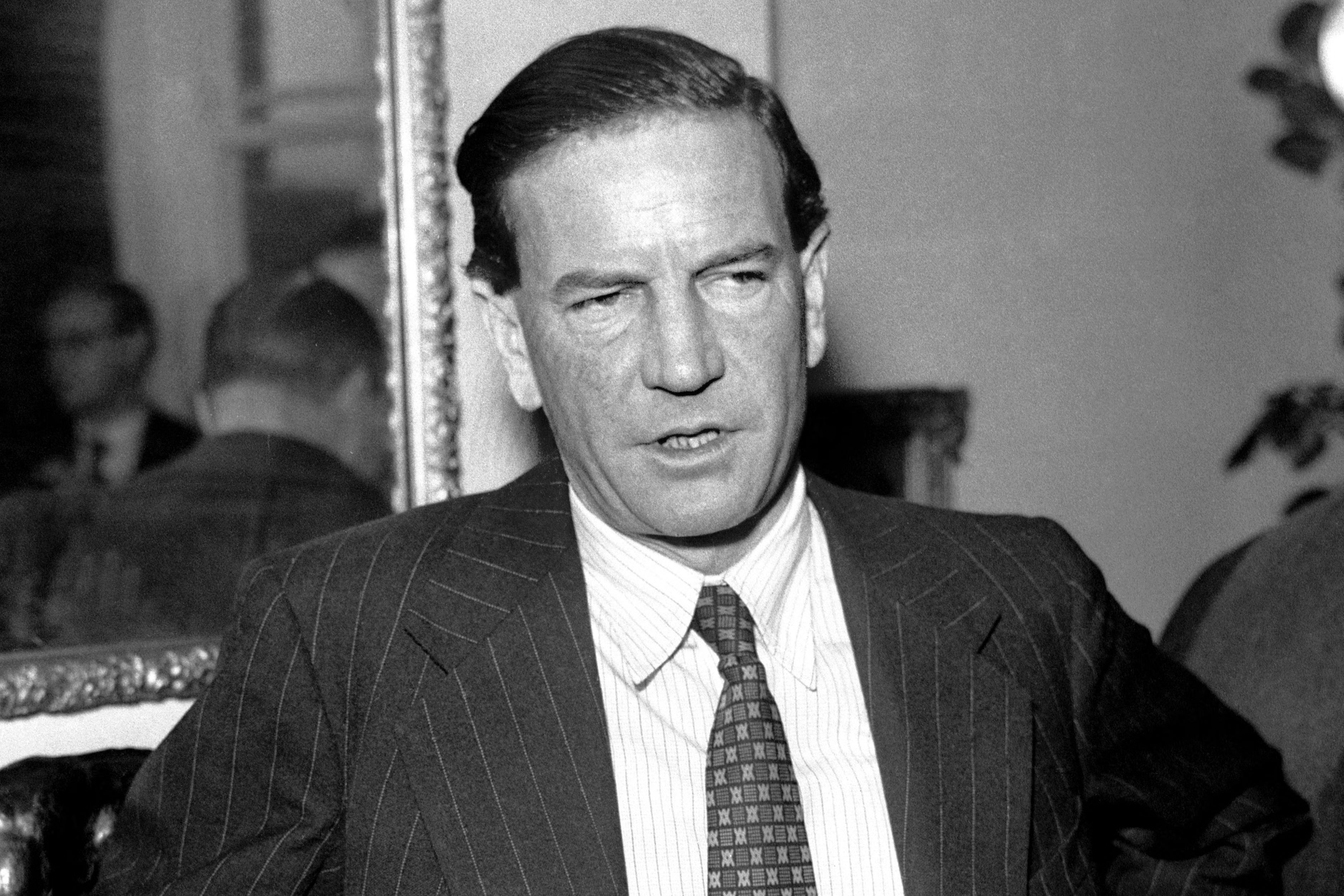
In 1963, with the net closing in, Philby defected to the #SovietUnion, leaving behind his family and the life he had built in Britain. His arrival in Moscow was far from triumphant. While the KGB celebrated his achievements, they distrusted his motives and confined him under strict surveillance. Philby found himself isolated—a symbolic victory for the Soviets but a marginalized figure in their eyes.
Philby’s Motivations
Philby’s actions were driven by an unwavering belief in communism as a force for justice against fascism and imperialism. However, his betrayal of Britain, a country that trusted him implicitly, has sparked endless debate. Was he a principled ideologue or a cold opportunist? His defenders argue that his anti-fascist convictions were genuine, while critics contend that his betrayal was an unforgivable act of treason.
Life in Exile: The Lie of a Soviet Utopia?
Philby’s life in the Soviet Union was far from the utopia he envisioned. He struggled with disillusionment as he witnessed the oppressive nature of the regime he had served. Isolated from his former world, his marriages continued to fail, and his reliance on alcohol deepened.
Yet, he remained steadfast in his loyalty to the Soviet cause, teaching espionage tactics to KGB operatives and offering advice to new recruits.
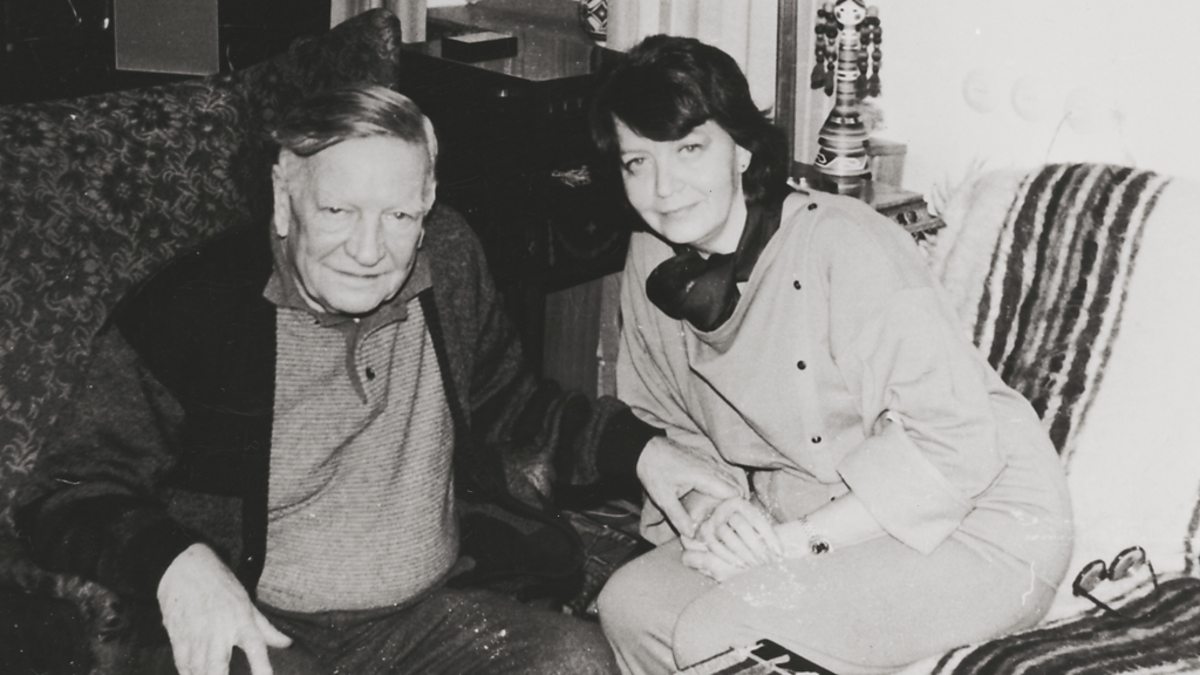
As a CIA Library review of books written about Philby puts it:
“Philby escaped to Moscow—some believe MI6 looked the other way to avoid the embarrassment of a public trial—and lived a relatively content 25 years there. It undoubtedly stung that the Soviet authorities received him as an agent and not a KGB officer, in part because his easy escape from Beirut invited suspicion he was still working for the British government.
For his first five years in Moscow, Philby had little to do and attempted suicide. Eventually the KGB came to trust him and had him lecture and train new intelligence officers. He had an affair with [fellow Cambridge Spy Ring member Donald] Maclean’s wife, remarried, wrote a memoir, lived comfortably by Soviet standards, and traveled within the Communist bloc. He seemed himself again.” [Source: KPBS]
A Comparison with George Blake
Philby’s story parallels that of George Blake, another British spy who defected to the Soviet Union. Both men believed they were on the “right side” of history, but their actions left trails of destruction. Unlike Blake, who embraced his Soviet life with fewer reservations, Philby grappled with his alienation and nostalgia for Britain. His grave in Moscow, unadorned and largely unvisited, stands as a stark reminder of the personal cost of his choices.
The British Intelligence Services’ Cover-Up and Immunity for Philby
The revelation of Kim Philby’s betrayal sent shockwaves through the British intelligence community. For years, MI5 and MI6 had harbored suspicions about Philby’s allegiance, particularly after the defection of his colleagues Guy Burgess and Donald Maclean. However, the intelligence services opted to downplay Philby’s treachery rather than risk exposing the extent of their failures. This approach was motivated by a desire to protect the credibility of British intelligence during a time of heightened #ColdWar tensions.
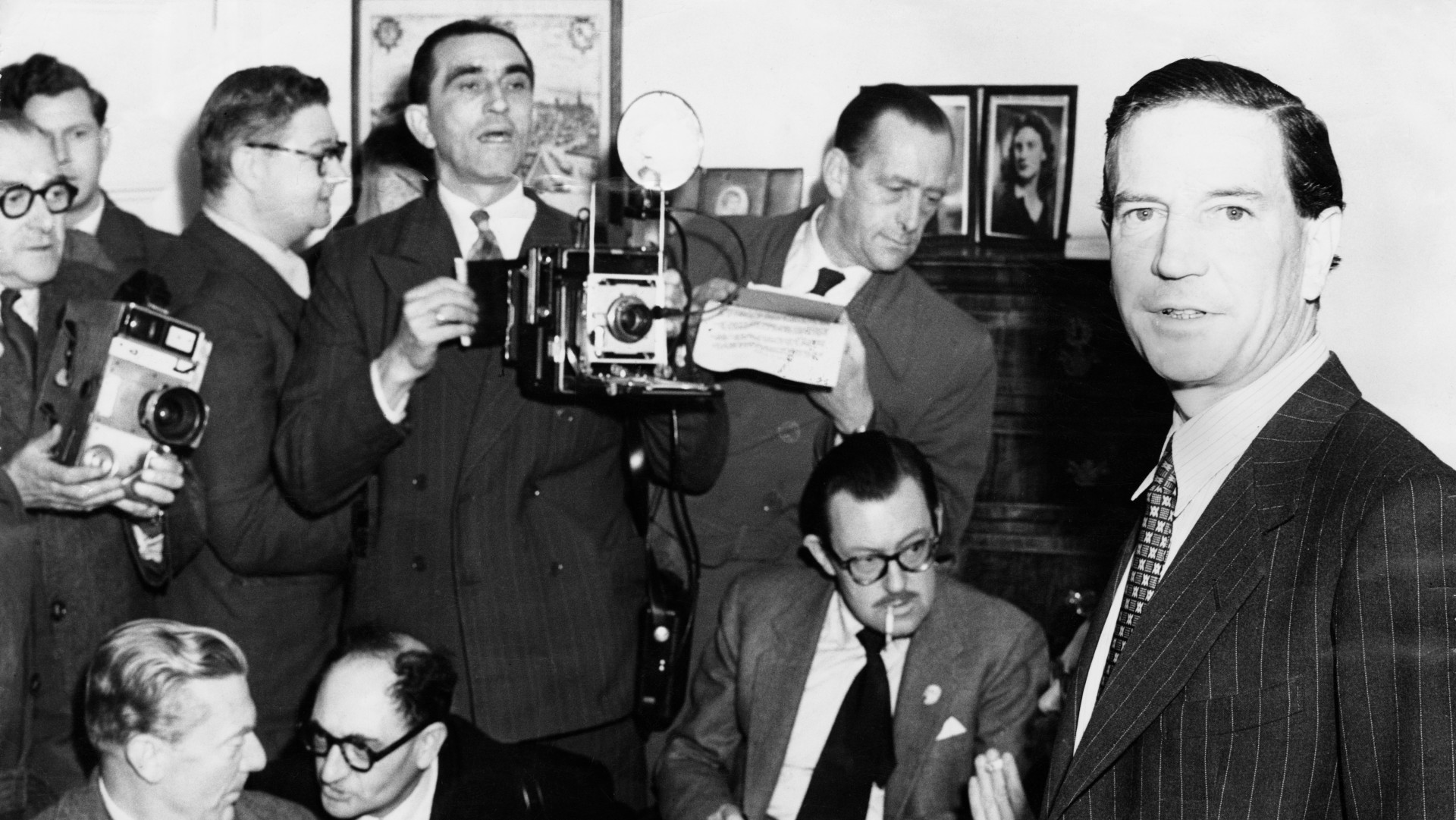
Offering Philby immunity in exchange for a confession was a calculated move. British officials believed that forcing a public trial would draw attention to MI6’s incompetence in allowing a Soviet spy to operate at the highest levels of their organization for decades. They feared the scandal would severely damage Britain’s reputation as a global intelligence leader and strain the “special relationship” with the United States—particularly after the loss of trust caused by previous defections.
Additionally, Philby’s high-ranking position within #MI6 meant he could reveal embarrassing details about the inner workings of British intelligence if he chose to cooperate with the Soviets. By extending immunity, the British government hoped to contain the damage, flip Philby and potentially gain insights into Soviet operations. However, this decision backfired when Philby defected to Moscow in 1963, escaping accountability and dealing a further blow to MI6’s credibility.
The cover-up and immunity offer reflect the paradox of Cold War intelligence: the need for secrecy often meant protecting those who violated it, illustrating the moral compromises inherent in espionage.
The Legacy of Betrayal: How Kim Philby is Remembered
Kim Philby’s legacy remains one of profound contradiction. To some, he was a man of conviction who sacrificed everything for his ideals. To others, he was a duplicitous traitor who inflicted incalculable damage on Britain’s intelligence operations and trust. His story is a cautionary tale of loyalty, deception, and the human cost of ideological extremism.
Watch the Timeline Documentary on Kim Philby’s Life, Work, and Betrayal below. Courtesy of History Hit.
https://www.youtube.com/watch?v=Pw_0cgO2JKE
As history continues to scrutinize his actions, Philby remains a figure of both fascination and infamy, his life a testament to the complexities of espionage and morality in the shadow of the Cold War.
This article has been written with the help of A.I. for topic research and formulation.


